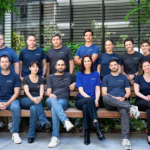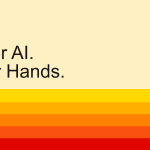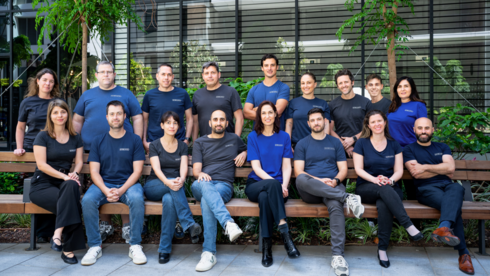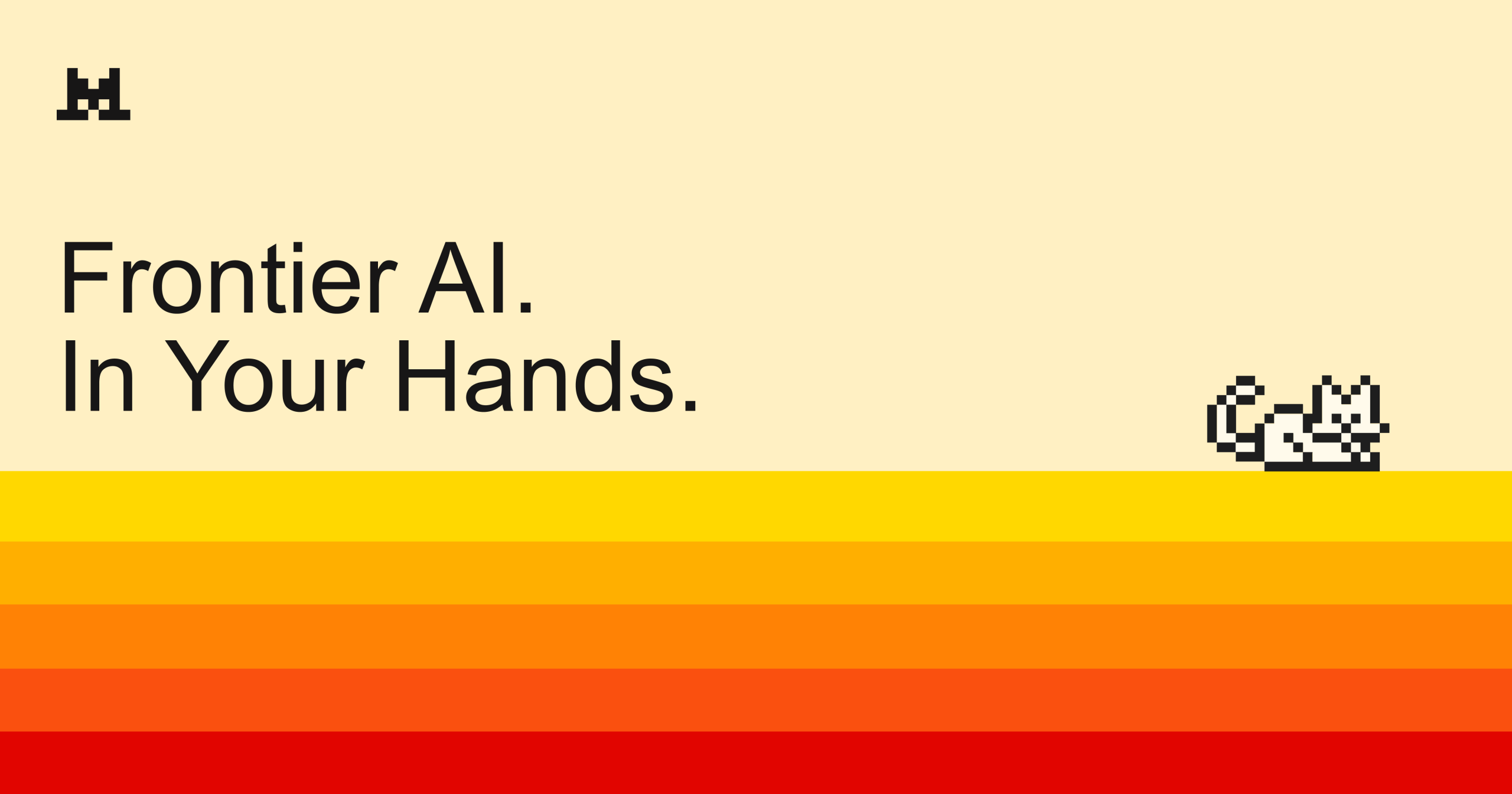Santa Rosa Junior College English teacher Jake Aharonian encouraged students to wonder about the future of artificial intelligence with a Free Press video presentation Oct. 29 in Newman Auditorium.
Aharonian has taught English classes at SRJC since 2009 and organized this event in hopes that students would question and experiment with different perspectives on AI. Aharonian presented a video from the YouTube Free Press Debate series, “Will AI Save Us — or Destroy Us?” », which follows a series of live debates on a multitude of subjects.
Journalist and author Nicholas Carr and computer scientist and philosopher Jaron Lanier spoke at the debate, arguing that truth would not survive AI.
In the Free Press Debate video, Carr described truth as a social ideal.
“Addressing the future of truth requires looking at AI technology and how it will influence society, social and cultural norms,” he said.
Lanier used the Turing Test, an experiment that investigated whether a machine could demonstrate human-like intelligence, to point out that people are easy to fool and AI can take advantage of that.
“There’s this dismal feeling that we’re heading toward this brick wall where nothing makes sense,” Lanier said.
Aravind Srinivas, CEO and co-founder of Perplexity, an AI-powered search engine, and Fei-Fei Li, a Stanford professor and co-director of the university’s AI institute, took the other side of the debate, arguing that AI would help us see the world more clearly and that the truth will outlive AI.
Srinivas described AI as a superpower that people need to harness, and this technology comes from people’s curiosity to seek the truth and find solutions to problems.
Li challenged Carr’s debate in the Free Press Debate video, with two anecdotes: her child asking her a question about Pokémon that she couldn’t answer, and worrying about receiving a call that her immigrant parents had fallen while she was away. He used AI in both cases.
“In this human-centered framework, AI is not an enemy but a friend. If we choose to make it a friend, it does not replace us, it augments us. It does not seek or seek the truth – people do that, using AI,” Li said.
The event was part of the SRJC English Department program. Work of literary merit an annual event in which the department chooses a work or text to present to students and incorporate into class discussions. This year’s work of literary fiction was “Brave New World” by Aldous Huxley.
Aharonian said that although the AI debate is not related to Huxley’s “Brave New World,” it is nevertheless part of the new expectations of future thinking.
Aharonian is not opposed to using AI in his courses to process thoughts or merge information, but is opposed to students using it to write their work.
“If I suspect the use of AI or ChatGPT, I will run it on three different detection sites,” Aharonian said. “And if the average percentage of AI-generated content is 60% or more, then it will be a failure for this trial.”
He fears that while AI can be useful, its increased ability to perform human tasks will rob people of their ability to come up with their own ideas or creations.
Alongside the Free Press discussion, SRJC English instructor Karen Walker will host “Somatized: Brave New World & an Anxious Generation,” at 5 p.m. Nov. 5 at Newman Auditorium, and Aharonian will host “Worldview and Speculative Fiction” Nov. 19 at noon at Newman Auditorium.










